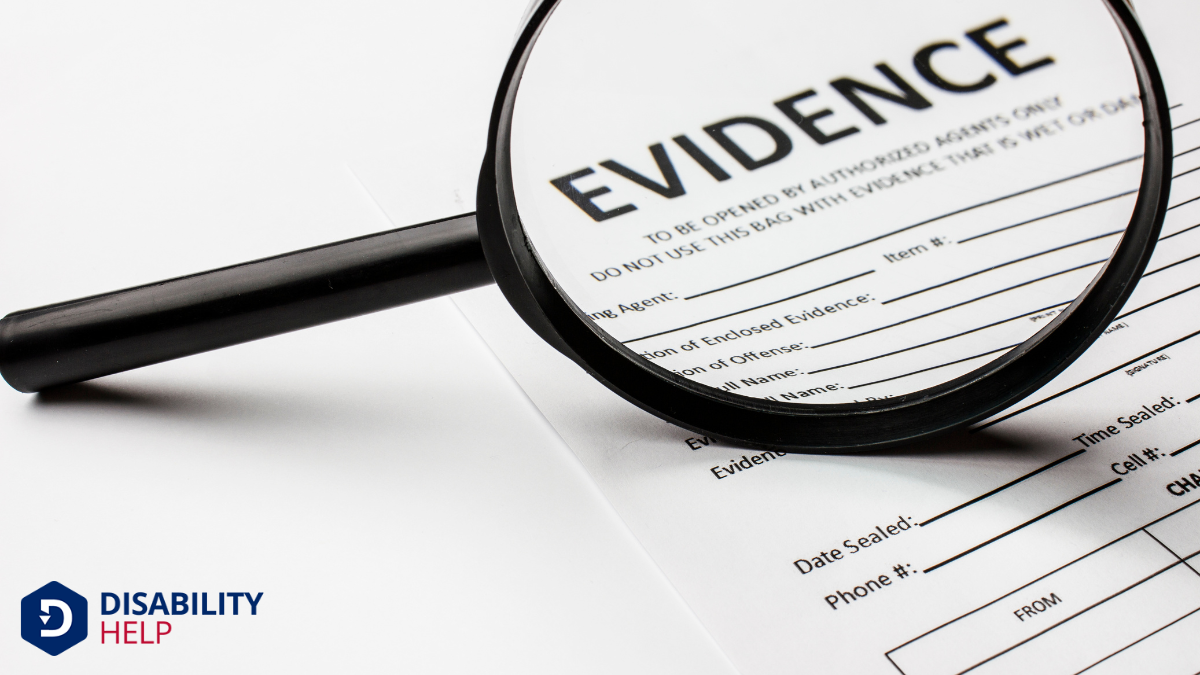Steering through a personal injury settlement can be intimidating, but we can uncover the strategies to maximize compensation. By understanding our damages, gathering solid evidence, and communicating effectively with insurance companies, we lay the groundwork for a fair settlement. Calculating a realistic settlement value and negotiating with confidence are key, but that's just scratching the surface. What about dealing with medical bills or considering legal help? Let's explore these steps together.
Key Takeaways
- Document all injuries and expenses thoroughly to ensure the settlement covers the full extent of damages.
- Gather and preserve evidence, including medical records and witness information, to support your claim.
- Research settlement amounts for similar cases and prepare a well-informed negotiation strategy.
- Consult legal professionals for guidance and leverage their expertise in negotiation.
- Review settlement offers carefully and ensure all future medical expenses and loss of income are considered.
Understanding Your Injury and Damages
Understanding our injury and damages is essential when guiding a personal injury settlement.
We need to assess the full scope of our injuries, both physical and emotional, to guarantee we're seeking appropriate compensation.
It's not just about the immediate medical bills; we must consider long-term effects like ongoing treatment and potential loss of income.
We should document each aspect, from pain levels to lifestyle changes.
Gathering and Preserving Evidence

To strengthen our personal injury settlement, we must focus on gathering and preserving evidence meticulously. Evidence is the backbone of our case, providing the necessary proof to support our claims.
We should start by documenting the incident thoroughly. Take photos of the scene, any visible injuries, and any property damage. Collect contact information from witnesses who can corroborate our account. Obtain a copy of the police report, if applicable, as it often contains essential details.
We must also keep track of medical records, bills, and any correspondence related to our injury. Consistently update and organize these documents.
This helps in creating a clear picture of our damages and the impact on our lives. By maintaining an accurate and thorough record, we enhance our position in negotiations.
Communicating With Insurance Companies
When dealing with insurance companies, it’s essential to approach communication strategically to protect our interests.
First, let’s make certain we’re organized. We should document every interaction, noting dates, times, and what was discussed. This record helps us stay clear and consistent in our claims.
It’s critical to be honest and precise in our communication. We should avoid admitting fault or guessing details about the incident. If we don’t know something, it’s okay to say we’ll find out and get back to them.
We also need to keep emotions in check and stay professional, even if the conversation gets frustrating.
Finally, let’s remember that we don’t have to navigate this alone; consulting with a lawyer can offer us valuable guidance.
Calculating a Fair Settlement Value
While determining a fair settlement value might seem challenging, breaking it down into manageable steps can make it more straightforward.
First, we should assess all medical expenses, including future treatments. Let’s also consider lost wages and any potential loss of earning capacity.
It's essential to account for non-economic damages like pain and suffering, which can be more subjective but just as significant.
We need to gather all related documents and evidence to support our claims.
Reviewing previous cases with similar injuries can provide a benchmark for fair compensation.
By organizing and evaluating these elements, we can create a thorough picture of what our settlement should include.
Negotiating Effectively

Once we've determined a fair settlement value, it's essential that we approach negotiations with confidence and strategy.
We should start by clearly communicating our demands, backed by evidence and a solid rationale. It's vital to listen actively to the other party's position, as this allows us to identify potential areas for compromise.
Patience is key; rushing might lead us to accept less favorable terms. We must remain firm yet flexible, ready to adjust our strategy if needed but never undervaluing our claim.
Utilizing a skilled negotiator, like an experienced attorney, can provide us with an edge. They understand legal nuances and can advocate effectively on our behalf.
Dealing With Medical Bills and Liens
Let's tackle the challenges of dealing with medical bills and liens to guarantee we maximize our settlement.
We can start by negotiating reductions on medical bills and understanding our medical lien obligations to prevent any surprises.
Prioritizing the payment of these debts is essential for maintaining financial stability and peace of mind.
Negotiating Medical Bill Reductions
Negotiating medical bill reductions can greatly impact the final amount you receive from a personal injury settlement. When we face hefty medical bills, it’s essential to engage with healthcare providers and explore discount options. Many facilities are open to negotiation, especially if we explain our financial situation or offer prompt payment.
We should start by requesting an itemized bill to guarantee accuracy and identify any unnecessary charges. Once we've a clear understanding, we can contact the billing department to discuss possible reductions. It’s important to be persistent yet polite in these conversations.
Additionally, enlisting the help of a personal injury attorney can strengthen our negotiation efforts, as they often have established relationships with medical providers, enhancing our chances of success.
Understanding Medical Lien Obligations
While maneuvering personal injury settlements, understanding medical lien obligations is essential to guaranteeing we manage our finances effectively.
Medical liens give healthcare providers the right to claim a portion of our settlement to cover the costs of our medical treatment. We must be aware of these obligations so we don't face unexpected financial surprises later.
First, let's guarantee we've an extensive list of all medical liens filed against our settlement.
It's important to communicate with healthcare providers and insurance companies to confirm the amounts owed. We should review all documentation carefully to verify accuracy.
Prioritizing Payment of Debts
As we navigate the complexities of settling debts, prioritizing payment of medical bills and liens is essential to guarantee financial stability.
It’s vital that we address these obligations promptly to avoid further financial strain. First, let's identify the most urgent debts. Medical providers often charge interest or impose penalties for late payments, which can add to our financial burden.
We should also be aware of any liens placed on our settlement; these claims require immediate attention to prevent complications.
Knowing When to Hire a Personal Injury Lawyer
When should we consider hiring a personal injury lawyer? It’s essential to evaluate the complexity of our case. If we’re dealing with severe injuries, long-term recovery, or facing disputes over liability, it’s time to reach out.
Lawyers have the expertise to navigate these complicated situations and guarantee we’re not shortchanged. If the insurance company offers a settlement that seems inadequate, a lawyer can negotiate on our behalf, maximizing our compensation.
Moreover, if we’re unfamiliar with legal procedures or feel overwhelmed by paperwork and deadlines, professional guidance is invaluable. Attorneys can handle the legal intricacies, letting us focus on healing.
Preparing for a Potential Trial
Facing the possibility of a trial can be intimidating, but with proper preparation, we can approach it with confidence.
First, let's review all the evidence we have. This includes medical records, police reports, and any witness statements. Organizing these documents will help us present a clear and compelling case.
Next, we'll work closely with our attorney. They can guide us through the legal process, explaining each step in a way that makes sense.
We'll also practice our courtroom demeanor, ensuring we're ready to communicate effectively. Understanding typical court proceedings and potential questions will help ease our anxiety.
Finally, visualizing a positive outcome can boost our morale. With these steps, we're not just preparing for trial; we're equipping ourselves for success.
Conclusion
In our journey to maximize a personal injury settlement, we've emphasized understanding the full scope of our injuries and damages. We've highlighted the importance of gathering evidence and effectively communicating with insurance companies. Calculating a fair settlement value and negotiating with confidence are essential steps. Let's not forget dealing with medical bills and knowing when to hire a lawyer. By staying informed and patient, we can guarantee that we receive the compensation we deserve.






